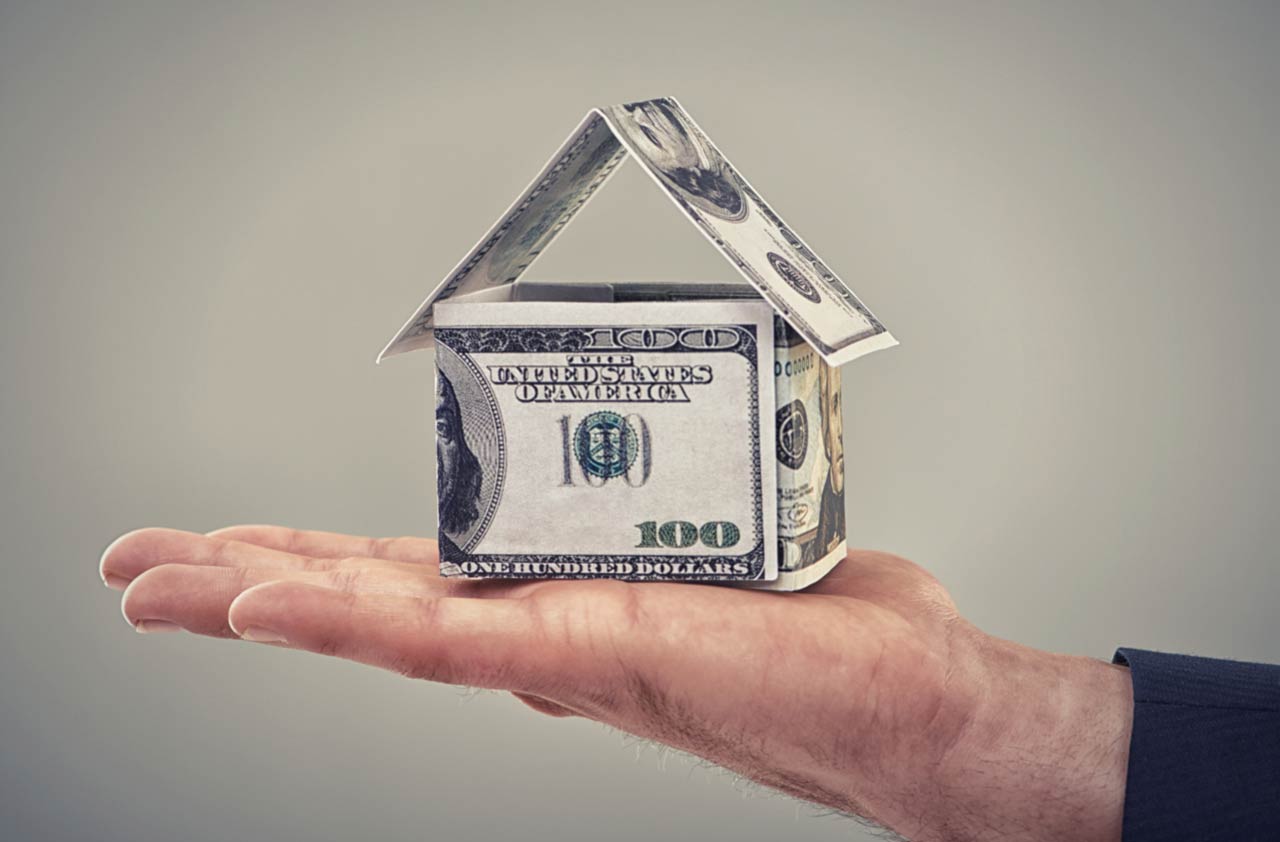Making Extra Mortgage Payments?
While paying off your home's mortgage may give you a great feeling of liberation and peace of mind, there are a couple of issues to consider.


Editor’s note: This column has been updated from an earlier version.
You recently bought a home. Congratulations. Your new mortgage company just sent you a payment statement, which includes the teaser: “You can save a lot of money by paying extra each month.”
Well, maybe, but that’s only one part of the picture. Many investment advisers, myself included, might argue that if you invested the extra money you were pumping into your mortgage, you could come out ahead.

Sign up for Kiplinger’s Free E-Newsletters
Profit and prosper with the best of expert advice on investing, taxes, retirement, personal finance and more - straight to your e-mail.
Profit and prosper with the best of expert advice - straight to your e-mail.
With mortgage interest rates as low as they’ve been, it’s likely that your investments could out-earn the interest you’d be paying.
In addition, there’s inflation to consider. Unless you have an adjustable rate mortgage (ARM), mortgage payments are fixed, meaning they remain constant. Thus, when adjusted for inflation, they become progressively smaller over time. Unfortunately, the message of “pay extra and save” fails to consider the Time Value of Money.
Is it ever OK to pay off a mortgage early?
Yes! There are some valid reasons why someone might want to pay off their mortgage early.
- Income issues. If you expect your retirement income will be less than your earning years, then timing the completion of house payments for retirement may make sense.
- Peace of mind. There are people who simply do not like having a house payment loom over their heads. This would be particularly true for someone in an uncertain job situation. Having no mortgage payment protects the home from foreclosure if employment is suddenly terminated and prospects of finding a new job are low.
- Medical issues. A person who has a developing or worsening chronic illness may find getting out from under a mortgage before the disease worsens to a point of being very expensive is a big financial advantage and in line with good planning.
- You have an adjustable rate mortgage (ARM). Less common now than a decade ago, these lending devices are structured to provide a low monthly payment in the initial years and rises later when (presumably) you earn more and can afford more – at least that’s the “official” theory. However, it was ARMs that contributed to the mortgage default bubble in 2007. If you have one, paying it off sooner than later is a good idea, as interest rates are on the rise these days.
Are There Other Ways to Reduce a Mortgage Payment?
Yes. Rather than paying your mortgage off early, you may want to consider refinancing, although as interest rates rise, the value of this option may be vanishing.
The decision to pay off a mortgage ahead of schedule is something to discuss with an independent financial planner. While there are times when paying off a mortgage early can make sense don’t buy into the canned line “you’ll save so much,” because in some ways, it simply may not be true.
Profit and prosper with the best of Kiplinger's advice on investing, taxes, retirement, personal finance and much more. Delivered daily. Enter your email in the box and click Sign Me Up.

Michael Tove, Ph.D., CEP, RFC, is a Certified Estate Planner and Registered Financial Consultant and founder of AIN Services, an independent multifaceted financial, estate and retirement planning agency located in Cary, North Carolina.
-
 AI vs the Stock Market: How Did Alphabet, Nike and Industrial Stocks Perform in June?
AI vs the Stock Market: How Did Alphabet, Nike and Industrial Stocks Perform in June?AI is a new tool to help investors analyze data, but can it beat the stock market? Here's how a chatbot's stock picks fared in June.
-
 Stock Market Today: A Historic Quarter Closes on High Notes
Stock Market Today: A Historic Quarter Closes on High Notes"All's well that ends well" is one way to describe the second quarter of 2025, at least from a pure price-action perspective.
-
 Eight Tips From a Financial Caddie: How to Keep Your Retirement on the Fairway
Eight Tips From a Financial Caddie: How to Keep Your Retirement on the FairwayThink of your financial adviser as a golf caddie — giving you the advice you need to nail the retirement course, avoiding financial bunkers and bogeys.
-
 Just Sold Your Business? Avoid These Five Hasty Moves
Just Sold Your Business? Avoid These Five Hasty MovesIf you've exited your business, financial advice is likely to be flooding in from all quarters. But wait until the dust settles before making any big moves.
-
 You Were Planning to Retire This Year: Should You Go Ahead?
You Were Planning to Retire This Year: Should You Go Ahead?If the economic climate is making you doubt whether you should retire this year, these three questions will help you make up your mind.
-
 Are You Owed Money Thanks to the SSFA? You Might Need to Do Something to Get It
Are You Owed Money Thanks to the SSFA? You Might Need to Do Something to Get ItThe Social Security Fairness Act removed restrictions on benefits for people with government pensions. If you're one of them, don't leave money on the table. Here's how you can be proactive in claiming what you're due.
-
 From Wills to Wishes: An Expert Guide to Your Estate Planning Playbook
From Wills to Wishes: An Expert Guide to Your Estate Planning PlaybookConsider supplementing your traditional legal documents with this essential road map to guide your loved ones through the emotional and logistical details that will follow your loss.
-
 Your Home + Your IRA = Your Long-Term Care Solution
Your Home + Your IRA = Your Long-Term Care SolutionIf you're worried that long-term care costs will drain your retirement savings, consider a personalized retirement plan that could solve your problem.
-
 I'm a Financial Planner: Retirees Should Never Do These Four Things in a Recession
I'm a Financial Planner: Retirees Should Never Do These Four Things in a RecessionRecessions are scary business, especially for retirees. They can scare even the most prepared folks into making bad moves — like these.
-
 A Retirement Planner's Advice for Taking the Guesswork Out of Income Planning
A Retirement Planner's Advice for Taking the Guesswork Out of Income PlanningOnce you've saved for retirement, you'll need your nest egg to support you for as many as 30 years. For that, you need a clear income strategy, not guesswork.